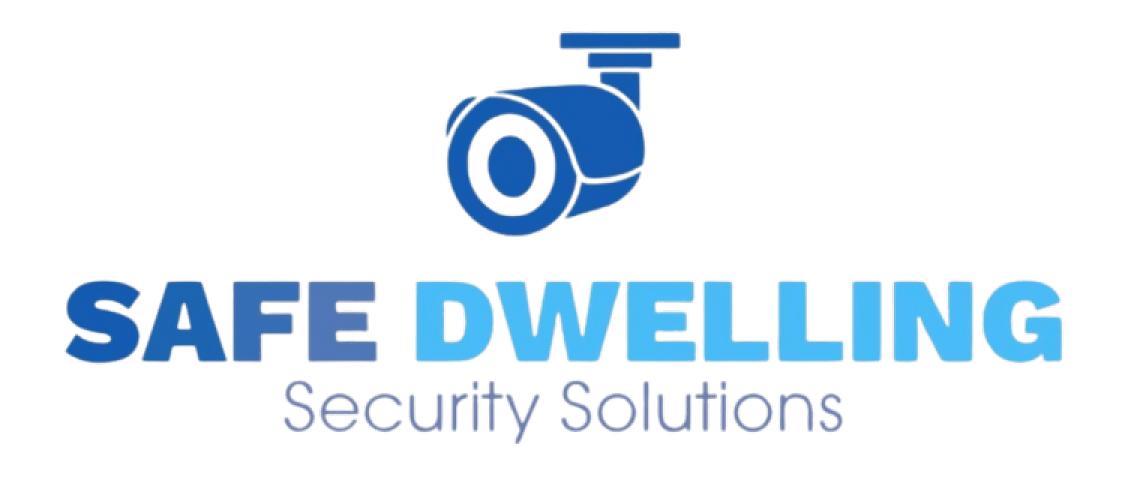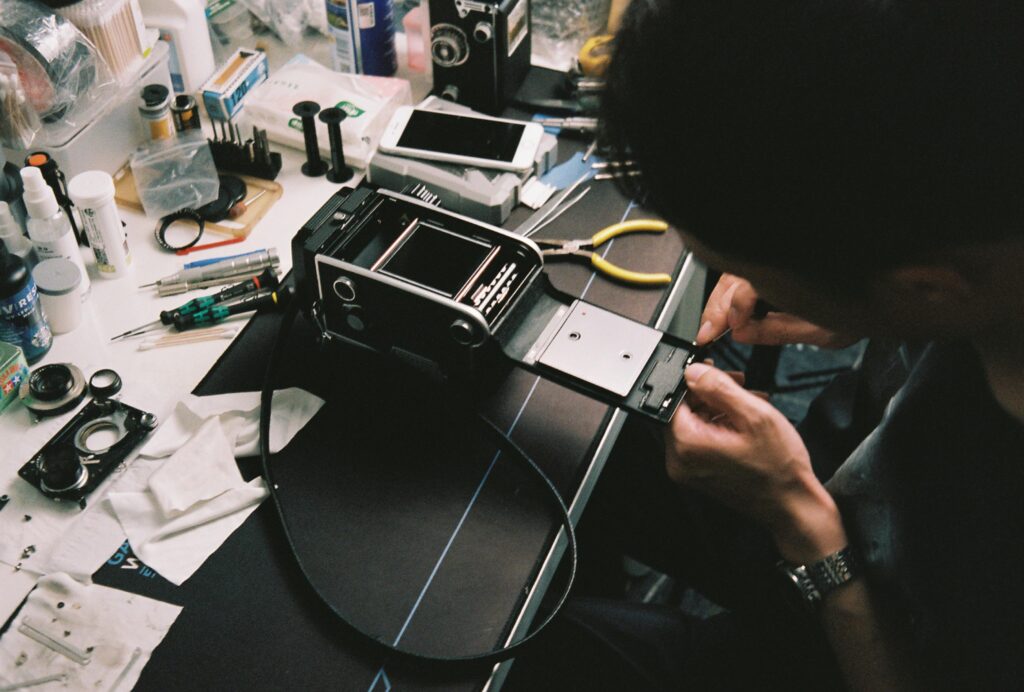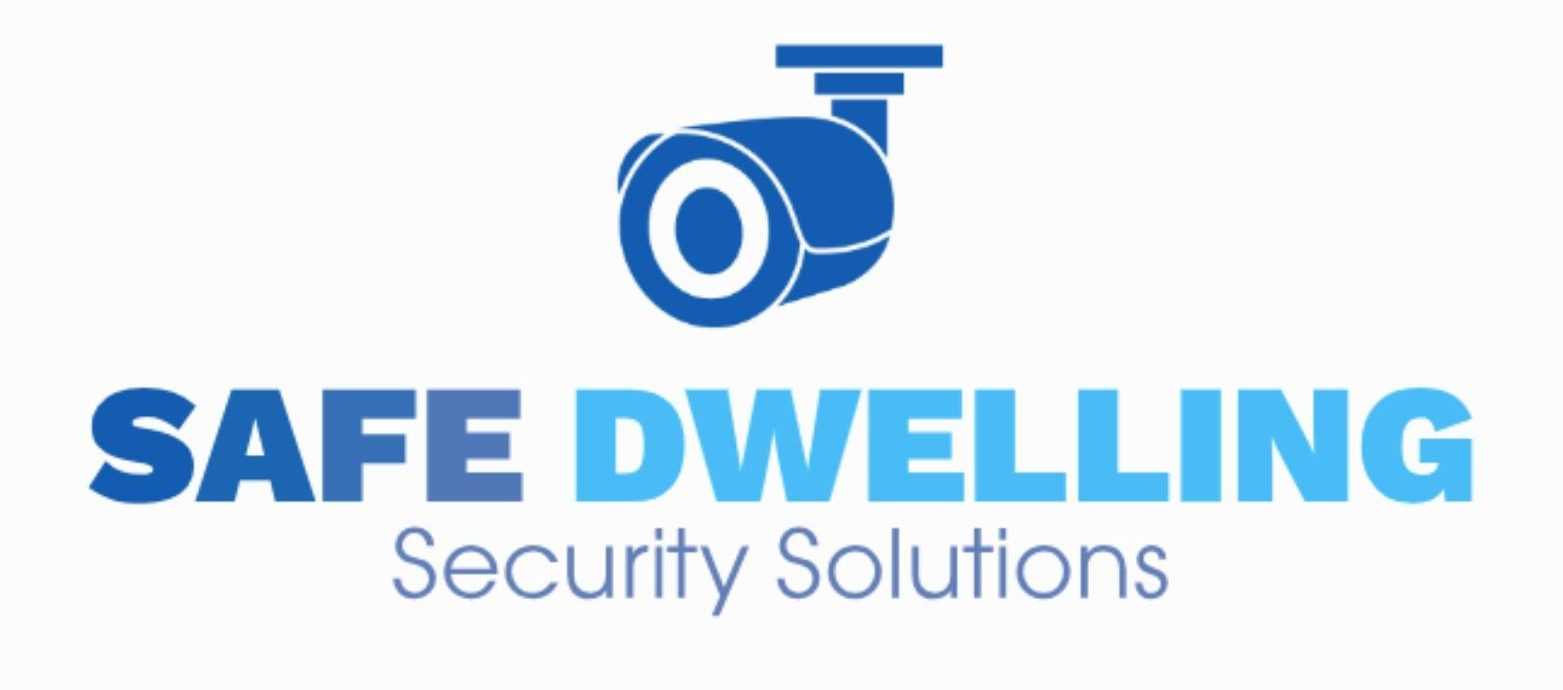Professional camera repairs offer the greatest expertise, proper tools, and a higher chance of successful repairs than a DIY attempt. Digital cameras have complex mechanisms and can be easily damaged beyond repair. The best route for camera repairs, DIY or professional, depends on the complexity of the issue and your comfort level with repairs. For simple tasks like battery replacement or cleaning, DIY is a cost-effective option. However, when dealing with expensive or vintage cameras, professional repair is recommended to avoid further damage and ensure proper functionality. Safe Dwelling Security LLC specializes in innovative camera repair solutions designed to enhance the security of your home or business.
Camera Repair: When to Tackle it Yourself and When to Call a Pro
Are you thinking about repairing your cameras due to the higher repair costs? While DIY repairs might seem appealing due to cost savings, professional repair services ensure a more reliable and long-lasting solution, especially for valuable or high-end cameras. DIY camera repairs are risky and can potentially damage the camera further, especially with complex issues and internal components.
| Interesting fact: On average, 95 million photos are uploaded daily on Instagram, and over 300 million photos are uploaded to Facebook every day. |
Here is your guide to understanding the pros and cons of DIY vs. professional camera repairs.
Pros and Cons of DIY Camera Repair
Pros: The advantages of DIY camera repairs include cost-effectiveness, convenience, and having a sense of accomplishment. DIY repair saves money on labor cost, and can be done conveniently at your place, pace, and time. It gives you the satisfaction of fixing your cameras yourself.
Cons: The negative aspects of fixing your camera yourself include increased risk of damaging the camera further. Incorrect repairs can lead to more extensive and costly issues. DIY is a time-consuming process and requires research, sourcing parts, and careful execution. You may lack the tools and specialized knowledge to perform complex repairs. More importantly, DIY repairs often void any existing camera warranty.
| Fast fact: Mirrorless cameras have surged in popularity and, together with smartphone photography, have led to the decline of digital cameras. In 2024, only 5%of the photos were taken by a digital camera. |
Pros and Cons of Professional Repair
Pros: Professionals have the knowledge, experience, and tools for accurate diagnosis and repairs. Professional repairs often come with a guarantee of quality, avoiding any potential harm due to improper handling of the delicate camera components. Professionals have access to a wide range of genuine replacement parts and can complete repairs faster.
Cons: Professional camera repair is more expensive, and the labor costs are significant. It may require you to leave your camera for repair for a specific period.
| Did you know? The first digital camera, invented in 1975, weighed 4x more than a modern DSLR. |
When to Consider DIY Repairs
- If you’re comfortable with the repair process, and have the tools and resources, like detailed videos and instructions.
- If your camera is old and inexpensive, and you are willing to take the risk of damaging it further.
- Attempt DIY only for simple issues like cleaning or replacing the battery, or changing a light seal or simple external part.
When to Opt for Professional Repairs
- Professional repairs are the best route for complex issues like sensor problems, shutter malfunctions, or lens damage.
- Proper repair is crucial for expensive or vintage cameras.
- If you’re unsure about the camera and lack the knowledge and the right tools, go the professional route.
- When the camera is still under warranty, don’t attempt DIY.
Conclusion
While professional repairs might seem expensive initially, they can save you money in the long run by doing quality repairs that can extend the life of your cameras. Attempting DIY repairs without proper knowledge and tools can easily damage your camera further, and you may end up spending more time and money than anticipated. For low-value cameras and minor issues, DIY repairs might be feasible, but for complex issues and high-end or vintage cameras, professional camera repair is the recommended way
FAQs
- What are the five main camera parts?
The essential parts of a camera include the body, the lens, the shutter, the aperture, and the image sensor. - What are pixels?
The number and size of pixels on a camera’s sensor determine how much detail is captured when taking a photo. - What is a DSLR and SLR?
DSLR (digital single-lens reflex) and SLR (single-lens reflex) cameras are popular among photographers for their high image quality. DSLRs use digital sensors to capture images, while SLRs rely on film. - Can I fix a broken camera lens at home?
While minor dust or smudges can be cleaned at home, fixing a cracked or misaligned lens should be left to professionals to avoid further damage. - How much does it cost to repair a DSLR or SLR camera?
Camera repair costs vary based on the issue. On average, lens or shutter repairs can range from $100 to $300. Always get a quote from a trusted service like Safe Dwelling Security LLC.


